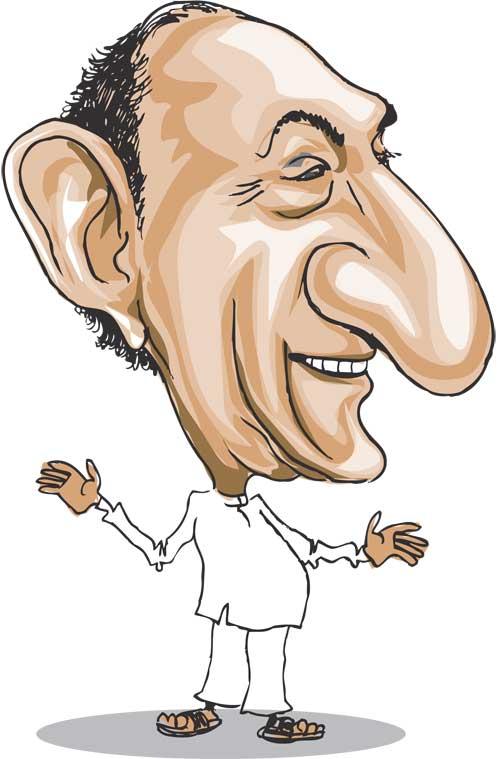Reply To:
Name - Reply Comment
 Japan making elaborate arrangements to mark the 113th birth anniversary of the late Sri Lanka President JR Jayewardene on September 16 (Monday) makes Sri Lankans reminisce the good times the islanders enjoyed under his regime.
Japan making elaborate arrangements to mark the 113th birth anniversary of the late Sri Lanka President JR Jayewardene on September 16 (Monday) makes Sri Lankans reminisce the good times the islanders enjoyed under his regime.
Jayewardene was a shrewd politician and was even globally known as Sri Lanka’s first Executive President. He travelled far and wide as a statesman. When compared with the relationships Sri Lanka had with other countries, Jayewardene had a special place for Japan. He forged relationships with Japan and was instrumental in playing a key role in this nation being re-admitted to the world community. Jayewardene quoted Buddhist scriptures during a speech he made and was successful in bracing a tide challenging Japan. The speech made by him at the famous San Francisco Conference is still cherished and remembered by Japan.
This year’s commemoration event of Jayewardene is organised by Sri Lanka Embassy in Japan, Non-Governmental organisations, the Sri Lankan community in Japan and is expected to receive patronage of the Japanese Government. The event will be held in Tokyo.
Jayewardene’s liberal thinking helped the two countries to gel. The late Sri Lankan president was a champion at promoting liberal economic policies. He opened the heavily state controlled economy to market forces.
The former President’s birth anniversary also prompts Sri Lankans to reminisce Jayewardene’s time in the Cabinet.
Jayewardene returned to power as a force to be reckoned with during the 1977 parliamentary elections where the UNP recorded a landslide victory.
He established the Greater Colombo economic Committee and launched the Mahaweli River Diversion Scheme apart from launching hydropower projects such as Kotmale, Victoria, Randenigala, Rantembe and Ulhitiya. He was even instrumental in giving the tourist industry a shot in the arm. This he did by tabling the Ceylon Tourist Board Act of No 10 of 1966 and the Ceylon Hotels Corporation Act No 14 of 1966.
Jayewardene’s forward thrust was somewhat slowed when the country had to spend on defence related expenditure with the tiger rebels becoming active in the island.
The man who quoted Buddhist scriptures in San Francisco came in for criticism in the year 1983 back at home when Sinhalese mobs went on the rampage torching Tamil owned property. The ethnic riots in July that year were not only marked as ‘Black July’ it also put a black mark on Jayewardene for being emotionally cold in the face of Tamils being at the receiving end of Sinhalese led mob violence. The riots were the Sinhala majority’s way of retaliating to the massacring of 13 soldiers in Jaffna
He was quoted in the Daily Telegraph saying, “Really if I starve the Tamils out, the Sinhala people will be happy”.
Just about when the Government troops were to take a grip of the raging battle in the north, India intervened and brokered a peace deal, roping in the two governments and the main rebel group at the time: Liberation Tigers of Tamil Ealam. The accord was signed in 1987 and featured Indian Premier Rajiv Gandhi and Jayewardene himself.
The peace did hold for some time, thanks to the accord, but it also brought in Indian troops who moved about in the North and the East; functioning under the name ‘Indian Peace Keeping Force’ (IPKF).
Their presence infuriated the Janatha Vimukthi Peramuna (JVP) which organised itself as a force to topple the Jayewardene regime; largely to get rid of the IPKF.
When Jayewardene handed over the leadership of the party to his successor Ranasinghe Premadasa, Sri Lanka was literary and metaphorically burning at the north and southern ends due to civil unrest.
Many positive things happened during Jayewardene’s time in the Government as its president. One such project was the Japanese funded Sri Jayewardenepura Hospital which was gifted in appreciation of President Jayewardene’s support of Japan and the diplomatic support offered in its (Japan’s) behalf. Over the years, even members belonging to the downtrodden masses, who would vote for the JVP, have found this hospital an affordable place, when they have fallen ill.